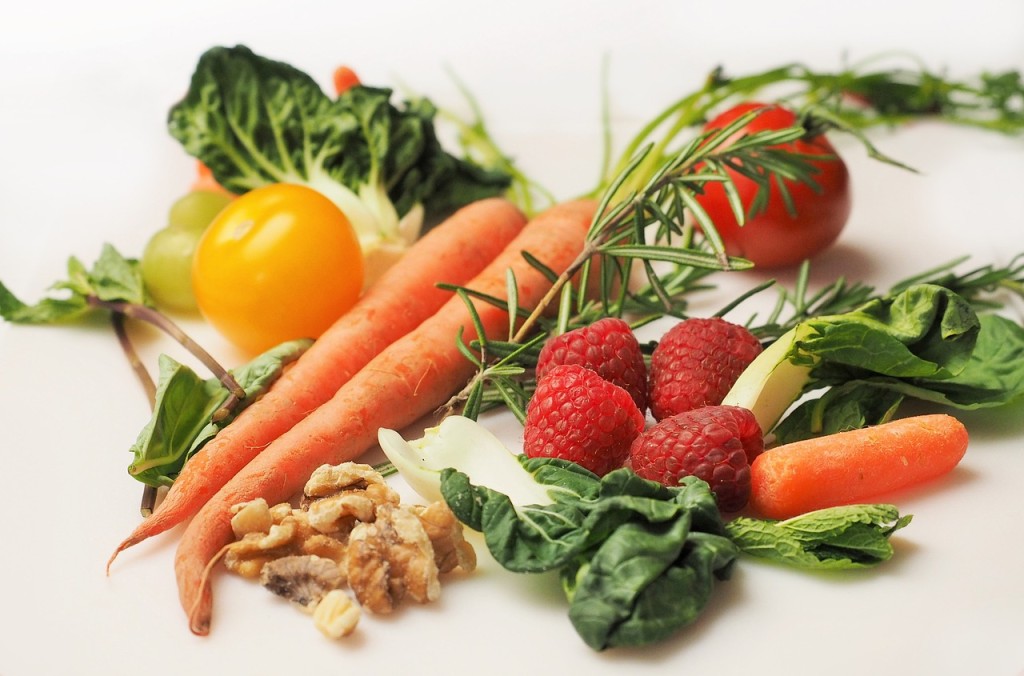
Change up the Foods You Eat

If you find yourself stuck in a rut with the foods you are eating you’re definitely going to want to change it up a bit. We all enjoy that sandwich from McDonald‘s or the fried chicken from KFC, but if you’re eating it all the time, you’re going to cultivate the exact same type of bacteria in your gut every single meal. A more diverse microbiota is healthier than a stagnant one, and the more species you have, the more they can contribute. Western diets tend to be problematic as we only cultivate our food from a few plants and a few animal species. With that in mind, you would do well to pay attention to your food intake as well as where your food is cultivated. For more information, you can always speak to the medical weight loss clinic to learn more about what would work best for your body.
Consider Switching to a High Fiber Diet
To boost your gut flora, we recommended that you try including high fiber foods in your diet. Studies have proven that a high fiber diet will prevent the growth of certain harmful bacteria, making it an essential for your next set of meal plans. There are a lot of great options out there including:
- Artichokes
- Raspberries
- Broccoli
- Lentils
- Beans
- Whole Grains
- Almonds
- Chia Seeds
FERMENTED FOODS COULD BE THE ANSWER
Fermented foods often contain a bacteria called lactobacilli which can significantly improve your health. For reference, you can usually find this bacteria in foods like yogurt, kimchi, tempeh, and kefir. Yogurt is the most common go-to when it comes to fermented food choices, and research shows that those who eat a lot of yogurts have fewer Enterobacteriaceae present in their body; which should boost yogurt to the top of your shopping list. Enterobacteriaceae is a bacteria commonly associated with inflammation and other chronic diseases. You should note, however, that many yogurts are high in sugar and could be counterproductive to your diet. With that in mind, it is a good idea for you to stick to natural yogurts.
CUT OUT THOSE ARTIFICIAL SWEETENERS
In the previous section, we mentioned that sugar could be problematic when it comes to gut health and many people will offset this by using artificial sweeteners. You’ve seen them on grocery store shelves and often at gas station kiosks where you buy your coffee. It is true that these sweeteners are popular sugar replacements, but more than a few studies have revealed that they can have adverse effects on gut microbiota and should be avoided at all costs. One study showed that while artificial sweeteners do reduce weight gain significantly, they also tend to increase blood sugar which results in insulin deficiencies. In other words, you risk a greater chance of diabetes when you consume large amounts of artificial sweeteners.
CONSIDER PREBIOTIC FOODS

A prebiotic food is much like the high fiber foods that we mentioned earlier. Comprised of mostly complex carbs they are unable to be digested quickly. While this might sound counterproductive, complex carbsare broken down and turned into fuel for the body instead of stored as fat. If you are looking for probiotics, you will be glad to know that you can find them as a standalone product or as a natural part of many fruits and vegetables, such as mangos and pickles.
The phrase: ‘you are what you eat’ has never been more accurate than it is right now. What you put inside your body will determine your health and wellbeing, so make sure that you are ready to research your meals and give your body exactly what it needs. One essential thing to understand is that everyone’s body works differently, and foods that may help one person’s body may not help another’s. Additionally, the required quantities might be different, however, the health benefits make it worth researching and changing your diet.



